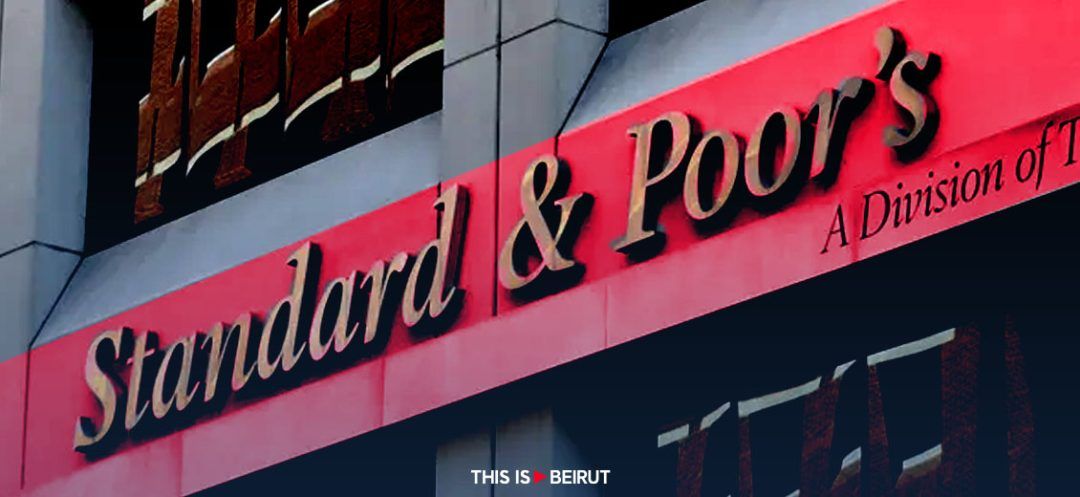
The American rating agency Standard & Poor's (S&P) has maintained its rating on Lebanese pound bonds at CC while keeping a negative long-term outlook.
Following the publication of this report, the Lebanese Ministry of Finance was keen to point out that “this semi-annual report is part of the agency's rating process and periodic review, which is the culmination of meetings and discussions between Lebanon and S&P in the light of local events to assess the situation and provide a classification that reflects a realistic picture of the country's financial, monetary and economic conditions.”
In a press release, the Ministry recalls that, despite the existing challenges in terms of the difficulty of publishing figures, the Ministry sought to provide the rating agency with the available data on the evolution of public finances in terms of public debt and to provide it with all the necessary details to enable it to carry out the evaluation process in the best possible conditions, which was not the case with the Fitch agency.
It notes that, in addition to administrative obstacles in terms of the reduction in human and technological resources at the Ministry of Finance following the successive crises the country has undergone, the sharp fluctuations in exchange rates, as well as their multiplication in previous years, have prevented the Ministry from publishing figures that reflect reality. For this reason, the Ministry of Finance is doing its utmost to remove the obstacles so as to be able to reissue the financial situation on a monthly basis in accordance with internationally approved standards, with the help of financing organizations and the support of specialists in the field.
In this context, the Ministry of Finance recently informed the Council of Ministers of the exchange rates used by the public accounting system to record income and expenditure in accounting records in order to publish public finance figures that are as close to reality as possible without creating discrepancies that distort their validity.
Following the publication of this report, the Lebanese Ministry of Finance was keen to point out that “this semi-annual report is part of the agency's rating process and periodic review, which is the culmination of meetings and discussions between Lebanon and S&P in the light of local events to assess the situation and provide a classification that reflects a realistic picture of the country's financial, monetary and economic conditions.”
In a press release, the Ministry recalls that, despite the existing challenges in terms of the difficulty of publishing figures, the Ministry sought to provide the rating agency with the available data on the evolution of public finances in terms of public debt and to provide it with all the necessary details to enable it to carry out the evaluation process in the best possible conditions, which was not the case with the Fitch agency.
It notes that, in addition to administrative obstacles in terms of the reduction in human and technological resources at the Ministry of Finance following the successive crises the country has undergone, the sharp fluctuations in exchange rates, as well as their multiplication in previous years, have prevented the Ministry from publishing figures that reflect reality. For this reason, the Ministry of Finance is doing its utmost to remove the obstacles so as to be able to reissue the financial situation on a monthly basis in accordance with internationally approved standards, with the help of financing organizations and the support of specialists in the field.
In this context, the Ministry of Finance recently informed the Council of Ministers of the exchange rates used by the public accounting system to record income and expenditure in accounting records in order to publish public finance figures that are as close to reality as possible without creating discrepancies that distort their validity.
Read more



Comments